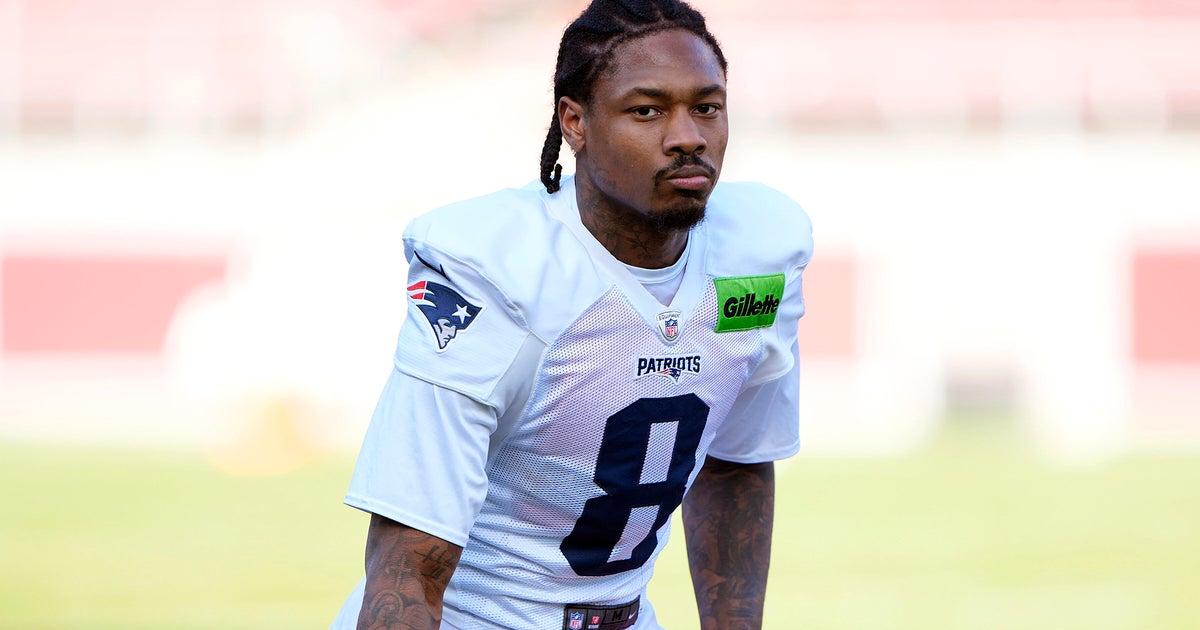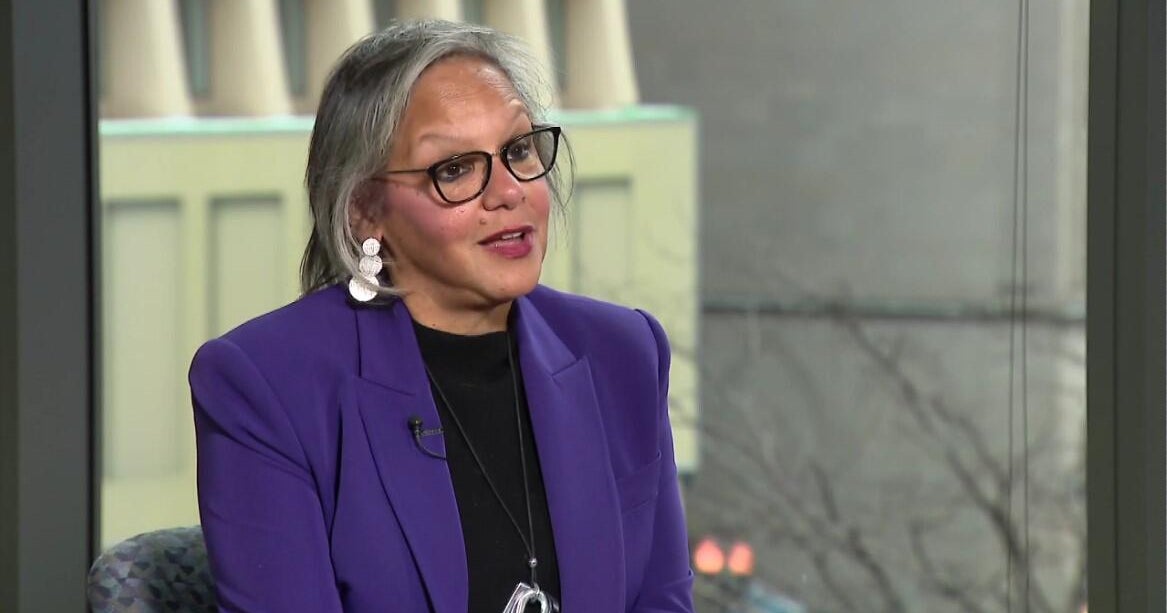Pres. Candidate Perry Had Little Time For Texas
AUSTIN (AP) - Crisscrossing the U.S. during his unsuccessful presidential bid appears to have left Rick Perry little time for Texas, with the governor logging only about 24 hours of official time handling state matters during his nearly six-month campaign, according to an Associated Press analysis of his office schedule.
Perry spent 160 days running for president between Aug. 13 and Jan. 19. His official schedule -- obtained under open records requests -- showed that he had no state events or activities on 128 of those days. On the other 32 days, he spent roughly 27 hours and 30 minutes officially tending to Texas matters.
Perry's office said his official schedule doesn't reflect all the work he does for the state, and noted that most of his appointments, meetings, phone calls, trips and other activities are kept on his personal schedule -- which is not released under Texas open records laws.
Still, the governor spent most of his time barnstorming early-voting states like Iowa and South Carolina, or at fundraisers all over the country, from Pebble Beach, Calif. to Palm Beach, Fla. He mitigated the effects of his absence by waiting to join the presidential race until the state Legislature had completed its session.
Perry also suspended his campaign and flew home on Labor Day, when devastating wildfires were ravaging the town of Bastrop and its surrounding county near Austin.
The few state activities listed on Perry's official schedule include a working lunch with a business delegation from the Middle Eastern country of Azerbaijan; live interviews with television morning shows to discuss the Bastrop fires; taping a video greeting for Billy Graham's 93rd birthday; and recording a new greeting for those placed on hold while calling his state office.
The tally of those official hours logged for Texas does not include a handful of untimed working sessions, including more than a half-dozen phone briefings on the Bastrop fires that Perry took while fundraising and attending a Republican presidential debate in California.
It further omits a handful of meetings whose duration was not recorded -- many of which were held in a conference room at the Austin airport between campaign trips -- to discuss everything from state appointments to strategies ahead of a special election to fill a vacant state House seat.
Perry also participated in four conference calls of unknown length to discuss the execution of six death row inmates. Five were put to death, while one, Duane Buck, won a last-minute reprieve from the U.S. Supreme Court.
Sitting governors putting aside their duties at home to hurdle across the country on a presidential run is nothing new. Perry's gubernatorial predecessor, George W. Bush, did it in 1999 and 2000, and Bill Clinton left Arkansas behind to campaign full time in 1992. In fact, Bush's official schedule shows him in Texas just 92 total days in the 17 months before he was elected president in November 2000 -- and many of those were spent at his ranch in Crawford.
However, Perry's total time spent on state business seems especially paltry considering he entered the presidential race relatively late and dropped out after participating in just two electoral contests, the Iowa caucuses and the New Hampshire primary. But Mark Jones, chairman of the Political Science Department at Rice University, noted that after 11-plus years as governor, Perry's team does "have a pretty well-oiled machine."
"When it's on autopilot, it's usually going pretty well," said Jones, who tracks Texas politics.
Perry spokeswoman Lucy Nashed said the governor maintains two schedules because his personal schedule contains political activities and, "Texas law precludes state funds from being used for political purposes."
A largely empty official schedule isn't unique to Perry's presidential run.
In the 30 days before formally entering the presidential race, Perry's official schedule included virtually no state events. And, during the first month after his bowing out as a presidential candidate, the governor had no state events on his schedule for 17 days. He came to the office for just parts of eight of them, and he recorded a total of about 38 hours and 45 minutes of official work time.
"It raises some concerns. The citizens of Texas have a right to know what their governor is doing and what their tax dollars are being spent on," said Laura Prather, an Austin attorney and former president of the Freedom of Information Foundation of Texas. "If his official schedule doesn't do that, there's really no other source where they can go."
It wasn't always this way. In 2001, after Perry first became governor when Bush left for the White House, his office released both an office and "outside" schedule to the public. Both were brimming with official events and informal entries including Spanish lessons for the governor, appointments with his barber, visits to his son's high school baseball games and even Perry's attire for each day, which was usually listed as a suit and tie.
Including weekends, vacations and holidays, Perry had just 41 days his first full year in office when no state events were on his schedule.
Nashed, the governor's spokeswoman, said the staffers in charge of Perry's schedule have changed over the years, and so has what they prefer to record on his official schedule.
"Some of those personal appointments don't reflect his activities as governor," she said of past, more complete schedules. "But regardless, our state schedules have always complied with the Public Information Act."
Prather conceded that, "different staffs have different outlooks on things."
"But it's still the same governor," she said, "and he has the ultimate say."
(© Copyright 2012 The Associated Press. All Rights Reserved. This material may not be published, broadcast, rewritten or redistributed.)







